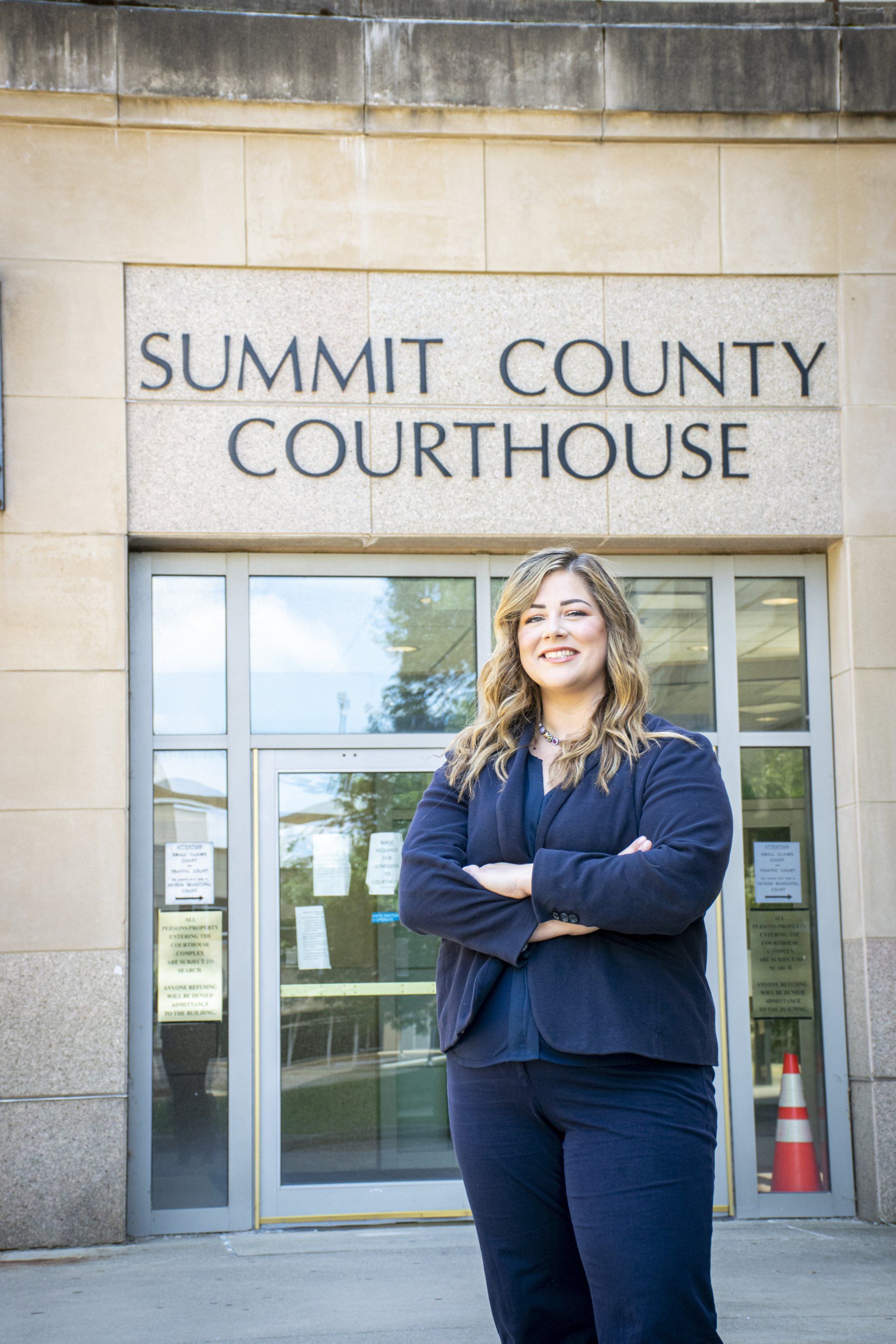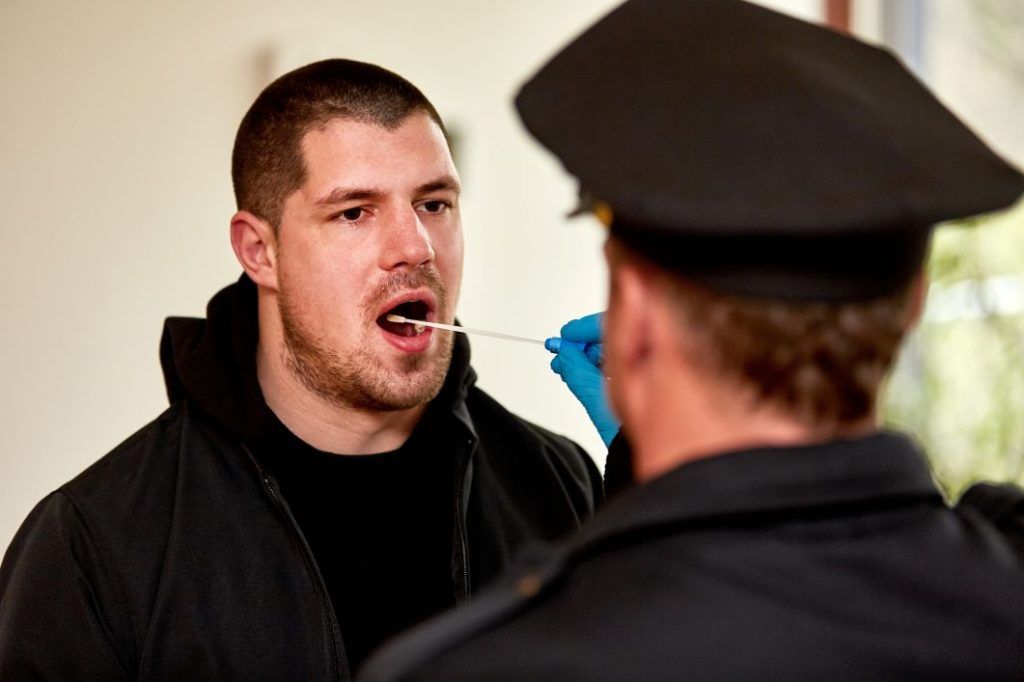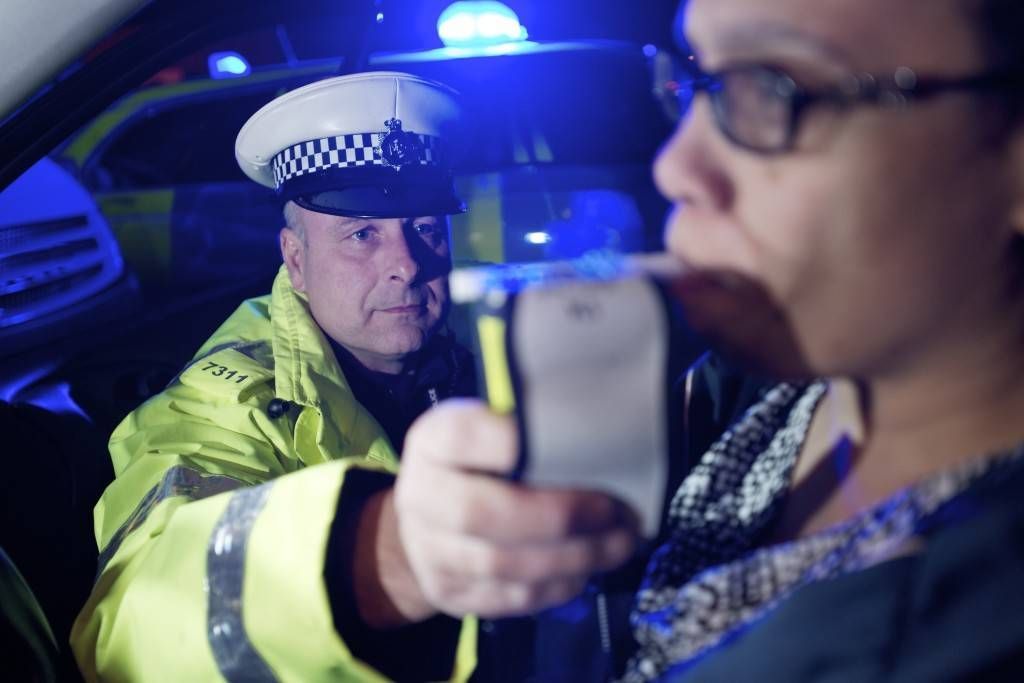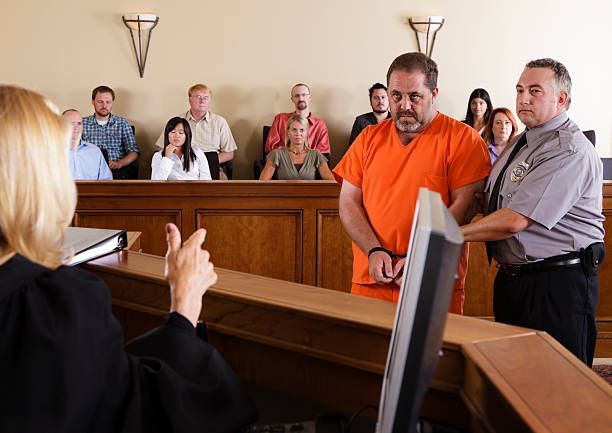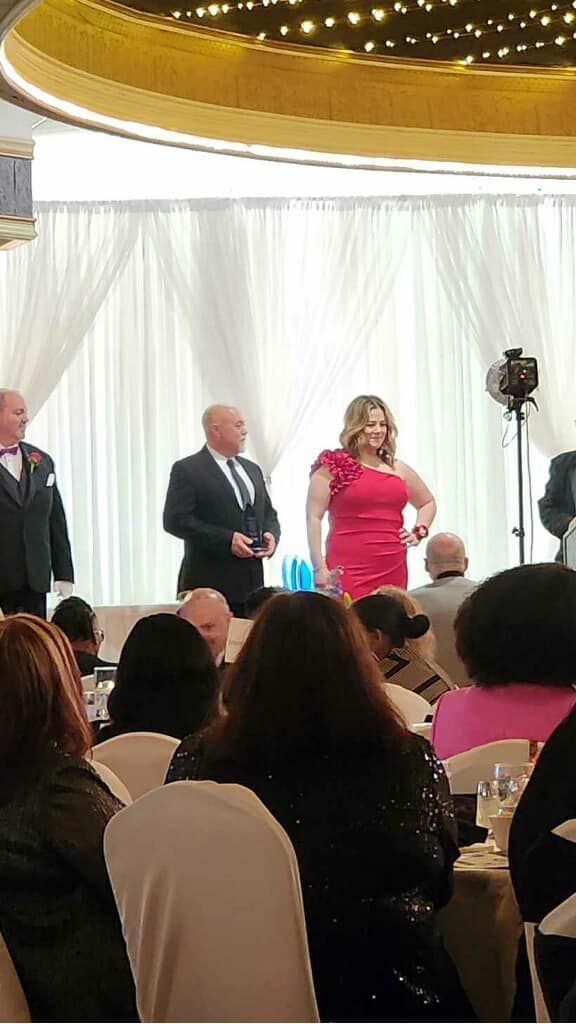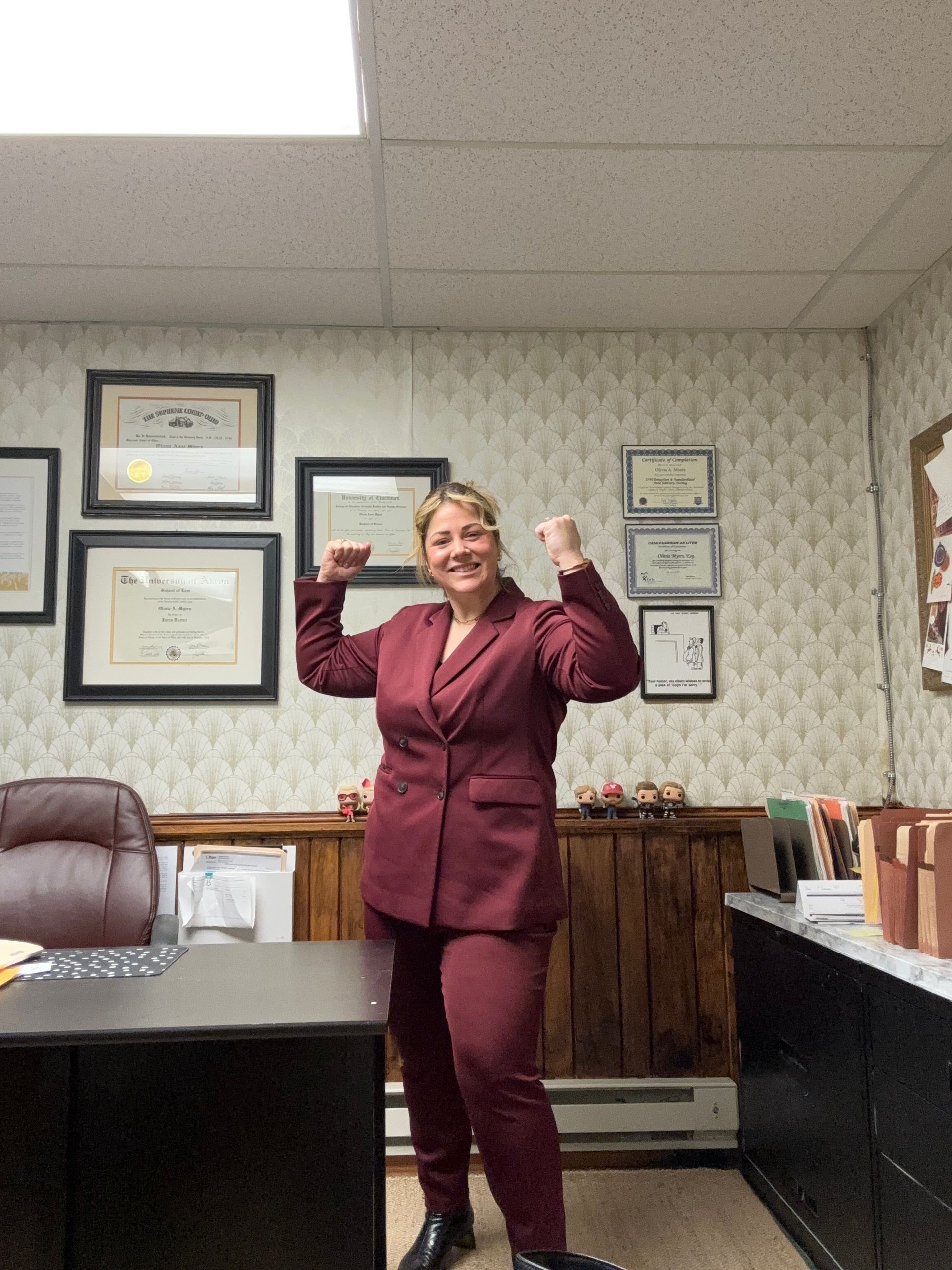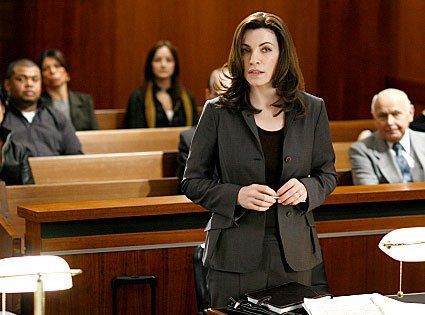A Death in the Family or Involuntary Manslaughter?
Law is comprised of mechanical and draconian rules, which often require (or appear to require) that someone be deemed responsible or liable for the ugly and unsavory events in society. Law labels the caregiver, the Defendant, and prosecutes the caregiver for events, which the aging infirm relative had chosen for himself at the end of his life. Law seeks a scapegoat, so it can take solace that someone had to “pay” for such an unpleasant and ugly death, even though the caregiver did not have the legal responsibility or authority to force the aging infirm relative to go to the hospital or otherwise seek medical care.
In a recent case, I was presented with the collision of end-of-life issues for an individual, whose only caregiver [1] was later charged with a criminal offense, involuntary manslaughter, for allegedly recklessly causing the death of the infirm relative. The charge was later reduced to reckless homicide.
In that case, I argued that a person has a right to refuse care. [2] That the caregiver did assist him and consistently asked him if he needed to go to the doctor or hospital and he refused. The aging relative retained his right to self-determination, which at the end of his life, involved tragic and disconcerting decisions and outcomes.
There is little legal guidance regarding the treatment to be afforded to elderly individuals. Most of the statutory enactments address the duties of nursing home personnel to care for the elderly. For example, for purposes of the Protection and Advocacy for Mentally Ill Individuals Act, 42 U.S.C.S. § 10801 et seq., abuse is defined as any act or failure to act by an employee or facility rendering care to an individual with mental illness that was performed or failed to be performed intentionally, knowingly or recklessly, and which caused or may have caused the injury or death of the individual 42 C.F.R. § 51.2. Abuse specifically includes sexual assault, striking the individual, using excessive force when placing the individual in bodily restraints, using bodily or chemical restraints that are not in compliance with federal and state laws or regulations; verbal, nonverbal, mental and emotional harassment, and any other practice likely to cause immediate physical or psychological harm or result in long-term harm if such practices continue. Neglect refers to a negligent act or omission by an individual responsible for providing services in a facility rendering care or treatment which caused or may have caused injury or death to an individual with mental illness or which placed an individual with mental illness at risk of injury or death. [3] It was clear from the evidence that the caregiver that did not engage in any such conduct with his aging relative.
The Supreme Court of New Jersey addressed the issue of the right of an individual to refuse treatment, writing the following thoughtful analysis: “Recognizing the right of a terminally ill person to reject medical treatment respects that person's intent, not to die, but to suspend medical intervention at a point consonant with the "individual's view respecting a personally preferred manner of concluding life." Note, "The Tragic Choice: Termination of Care for Patients in a Permanent Vegetative State," 51 N.Y.U.L.Rev. 285, 310 (1976). The difference is between self-infliction or self-destruction and self-determination. See Byrn, "Compulsory Lifesaving Treatment for the Competent Adult," 44 Fordham L. Rev. 1, 16-23 (1975). To the extent that our decision in John F. Kennedy Memorial Hosp. v. Heston, 58 N.J. 576, 581-82 (1971), implies the contrary, we now overrule it. The third state interest that is frequently asserted as a limitation on a competent patient's right to refuse medical treatment is the interest in safeguarding the integrity of the medical profession. This interest, like the interest in preventing suicide, is not particularly threatened by permitting competent patients to refuse life-sustaining medical treatment. Medical ethics do not require medical intervention in disease at all costs. As long ago as 1624, Francis Bacon wrote, "I esteem it the office of a physician not only to restore health, but to mitigate pain and dolours; and not only when such mitigation may conduce to recovery, but when it may serve to make a fair and easy passage." F. Bacon, New Atlantis, quoted in Mannes, "Euthanasia vs. The Right to Life," 27 Baylor L. Rev. 68, 69 (1975).”
“More recently, we wrote in Quinlan, supra, 70 N.J. at 47, that modern-day "physicians distinguish between curing the ill and comforting and easing the dying; that they refuse to treat the curable as if they were dying or ought to die, and that they have sometimes refused to treat the hopeless and dying as if they were curable." Indeed, recent surveys have suggested that a majority of practicing doctors now approve of passive euthanasia and believe that it is being practiced by members of the profession. See sources cited in Storar, supra, 52 N.Y.2d at 385-386 n. 3, 420 N.E.2d at 75-76 n. 3, 438 N.Y.S.2d at 277-78 n. 3 (Jones, J., dissenting), and in Collester,"Death, Dying and the Law: A Prosecutorial View of the Quinlan Case," 30 Rutgers L. Rev. 304, n. 3, 312 & n. 27.” In re Conroy, 98 N.J. 321, 351-352, 486 A.2d 1209, 1224-1225, 1985 N.J. LEXIS 2221, *32-34, 48 A.L.R.4th 1
The Conroy Court continued with its analysis:
On balance, the right to self-determination ordinarily outweighs any countervailing state interests, and competent persons generally are permitted to refuse medical treatment, even at the risk of death. Most of the cases that have held otherwise, unless they involved the interest in protecting innocent third parties, have concerned the patient's competency to [*354] make a rational and considered choice of treatment. See Annot., 93 A.L.R.3d 67, at 80-85 (1979) ("Patient's Right to Refuse Treatment Allegedly Necessary to Sustain Life"). For example, in Heston, supra, 58 N.J. 576, this Court approved a blood transfusion to save the life of a twenty-two-year-old Jehovah's Witness who had been severely injured and was rushed to the hospital for treatment, despite the fact that a tenet of her faith forbade blood transfusions. The evidence indicated that she was in shock on admittance to the hospital and was then or soon became disoriented and incoherent. Part of the Court's rationale was that hospitals, upon which patients' care is thrust, "exist to aid the sick and the injured," id. 58 N.J. at 582, and that it is difficult for them to assess a patient's intent in an emergency and to determine whether a desire to refuse treatment is firmly and competently held, id. 58 N.J. at 581, 582. Similarly, courts in other states have authorized blood transfusions over the objections of Jehovah's Witnesses when the patient's opposition to the treatment was expressed in equivocal terms. Compare Georgetown College, supra, 331 F.2d at 1006-07 (authorizing transfusion to save life of patient who said that for religious reasons she would not consent to the transfusion, but who seemed to indicate that she would not oppose the transfusion if court ordered it since it would not then be her responsibility), and United States v. George, 239 F.Supp. 752, 753 (D.Conn.1965) (transfusion was authorized [***38] for patient who told court that he would not agree to the transfusion, but volunteered that if the court ordered it he would not resist in any way since it would be the court's will and not his), with In re Osborne, 294 A.2d 372, 374, 375 (D.C.1972) (stating that guardian should not be appointed to consent to transfusion on behalf of man who told court that he would be deprived of "everlasting life" if compelled by a court to submit to the transfusion, and who explained, "it is between me and Jehovah; not the courts. . . . I'm willing to take my chances. My faith is that strong.").
In re Conroy, 98 N.J. 321, 353-354, 486 A.2d 1209, 1225-1226, 1985 N.J. LEXIS 2221, *36-38, 48 A.L.R.4th 1
(Emphasis added.).
The caregiver understood that the appearance of the house was deplorable, but people have a right to live in squalor. If the person is awake and refusing healthcare, the caregiver was not responsible to force medical treatment upon the aging relative.
Nursing homes get sued all the times by family allege neglect, what do they do, they document person refused care to cover themselves.
In the case I had, the caregiver called 911 when he found the aging relative unresponsive and that was his only responsibility in that situation. The caregiver understood that the photographs of the aging relative’s apartment showed an ugly unseemly environment; and that the aging relative had developed bedsores/wounds prior to his death.
The harsh reality is that people die with wounds every day. Nurses in nursing homes see this every day. Moreover, wounds can stage quickly once they start. If people refuse care, that is what happens. This does not mean the caregiver becomes criminally responsible for the events which transpired.
The Conroy Court found that: “On balance, the right to self-determination ordinarily outweighs any countervailing state interests, and competent persons generally are permitted to refuse medical treatment, even at the risk of death.”
[4]
This case involved these issues. The caregiver was distraught regarding the events which transpired.
He did receive a probationary type sentence from the Court, which understood the tragic and difficult issues presented by this case.
[1]
A nephew, who was not the Medical or Healthcare Power of Attorney for the aging relative.
[2]
See In re Conroy, 98 N.J. 321, 351-352, 486 A.2d 1209, 1224-1225, 1985 N.J. LEXIS 2221, *32-34, 48 A.L.R.4th 1.
[3]
Advocacy Inc. v. Tarrant County Hosp. Dist., 2001 U.S. Dist. LEXIS 16676, *1, 2001 WL 1297688 (N.D. Texas, Fort Worth Division)
[4]
In re Conroy, 98 N.J. 321, 353-354, 486 A.2d 1209, 1225-1226, 1985 N.J. LEXIS 2221, *36-38, 48 A.L.R.4th 1
